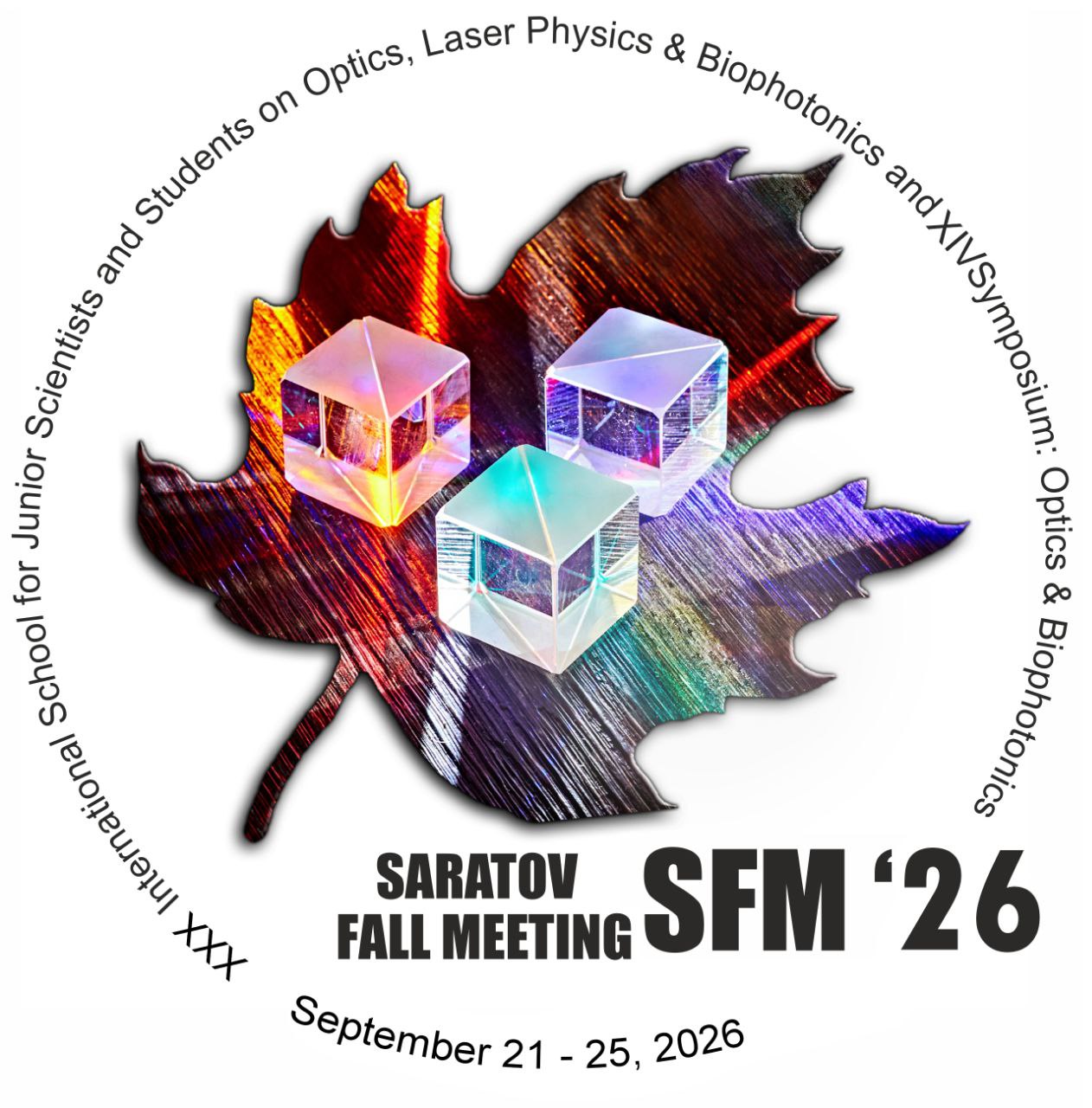Riemann Hypothesis from the Physicist’s Point of View
Yuriy Zayko
Russian Presidential Academy of National Economy and Public Administration, Stolypin Volga Region Institute
Abstract
This report presents an attempt to comprehend the evolution of the ideas underlying the physical ap-proach to the proof of one of the problems of the century - the Riemann hypothesis regarding the location of non-trivial zeros of the Riemann zeta function. Various formulations of this hypothesis are presented, which make it possible to clarify its connection with the distribution of primes in the set of natural numbers. A brief overview of the main directions of this approach is given. The probable cause of their failures is indicated - the solution of the problem within the framework of the classical Turing paradigm. A successful proof of the Riemann hypothesis based on the use of a relativistic computation model that allows one to overcome the Turing barrier is presented. This model has been previously applied to solve another problem not computable on the classical Turing machine - the calculation of the sums of divergent series for the Riemann zeta function of the real argument. The possibility of using relativistic computing for the development of artificial intelligence systems is noted.
Speaker
Yuriy Zayko
Russian Presidential Academy of National Economy and Public Administration, Stolypin Volga Region Institute
Россия
Discussion
Ask question


